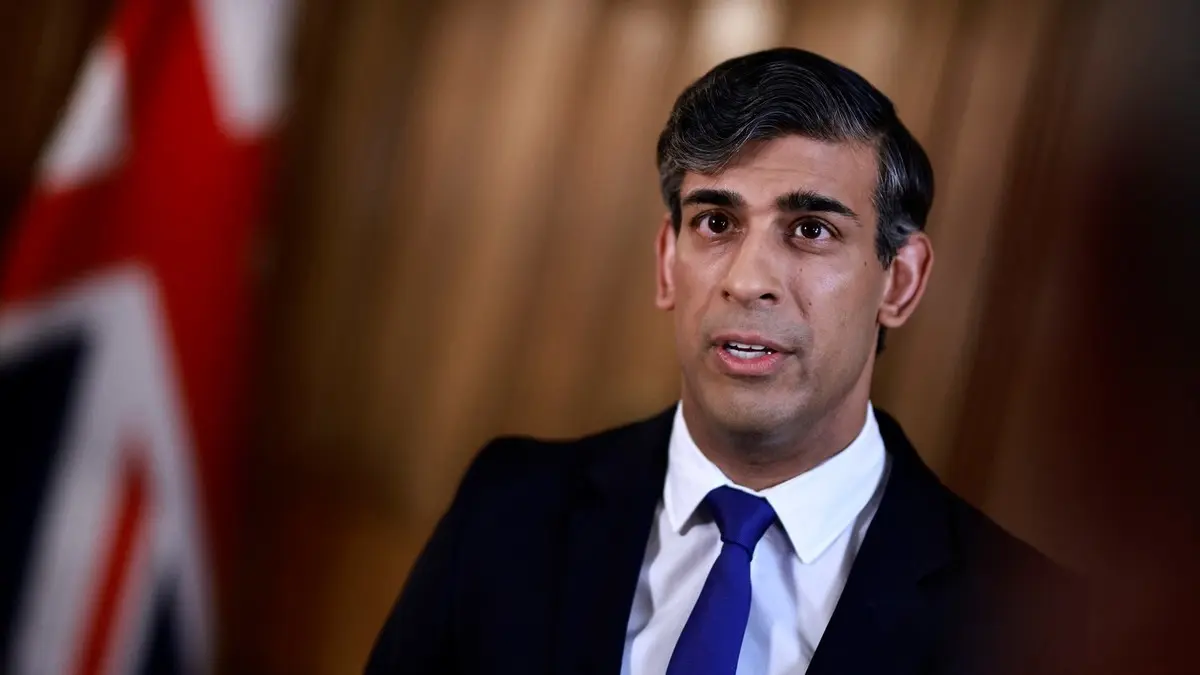Rishi Sunak attacks Keir Starmer over defence as election battle lines drawn
In a comprehensive address previewing themes likely to arise in the anticipated upcoming election, Rishi Sunak asserted that Keir Starmer’s leadership would compromise the safety of the UK.
The Prime Minister emphasized that Labour would not match his commitments in defense, notably the pledge to increase defense spending to 2.5% of national income by 2030. While Labour has indicated willingness to meet this target under certain conditions, Sunak cast doubt on their ability to deliver.
Responding to Sunak’s assertions, Sir Keir emphasized that security would remain his top priority. He criticized the Conservatives for weakening the armed forces and mismanaging expenditures, framing the next election as a choice between Labour’s vision for the future and the current government’s track record of chaos and division.
Sunak’s speech, reminiscent of a campaign launch, encompassed various topics, including a critique of Starmer’s leadership and a defense of the Conservatives’ governance. He acknowledged the party’s imperfections but asserted their accomplishments in restoring economic stability, managing the pandemic, and advancing societal reforms.
Sunak positioned himself as a leader of conviction, contrasting himself with Starmer, whom he accused of wavering in ideology. He referenced recent political shifts within Labour and emphasized his willingness to stand by his principles, even at the risk of electoral defeat.
When questioned about Starmer’s ability to ensure national security, Sunak reiterated his commitment to safeguarding the country and implied doubts about Labour’s capability to do so.
Starmer, in response, characterized Sunak’s speech as the latest in a series of attempted rebrandings. He underscored Labour’s dedication to prioritizing national security and criticized the government’s track record in military affairs and financial management.
As the political landscape continues to evolve, both parties are gearing up for what promises to be a contentious electoral battle, with issues of security, governance, and leadership at the forefront of public discourse.













